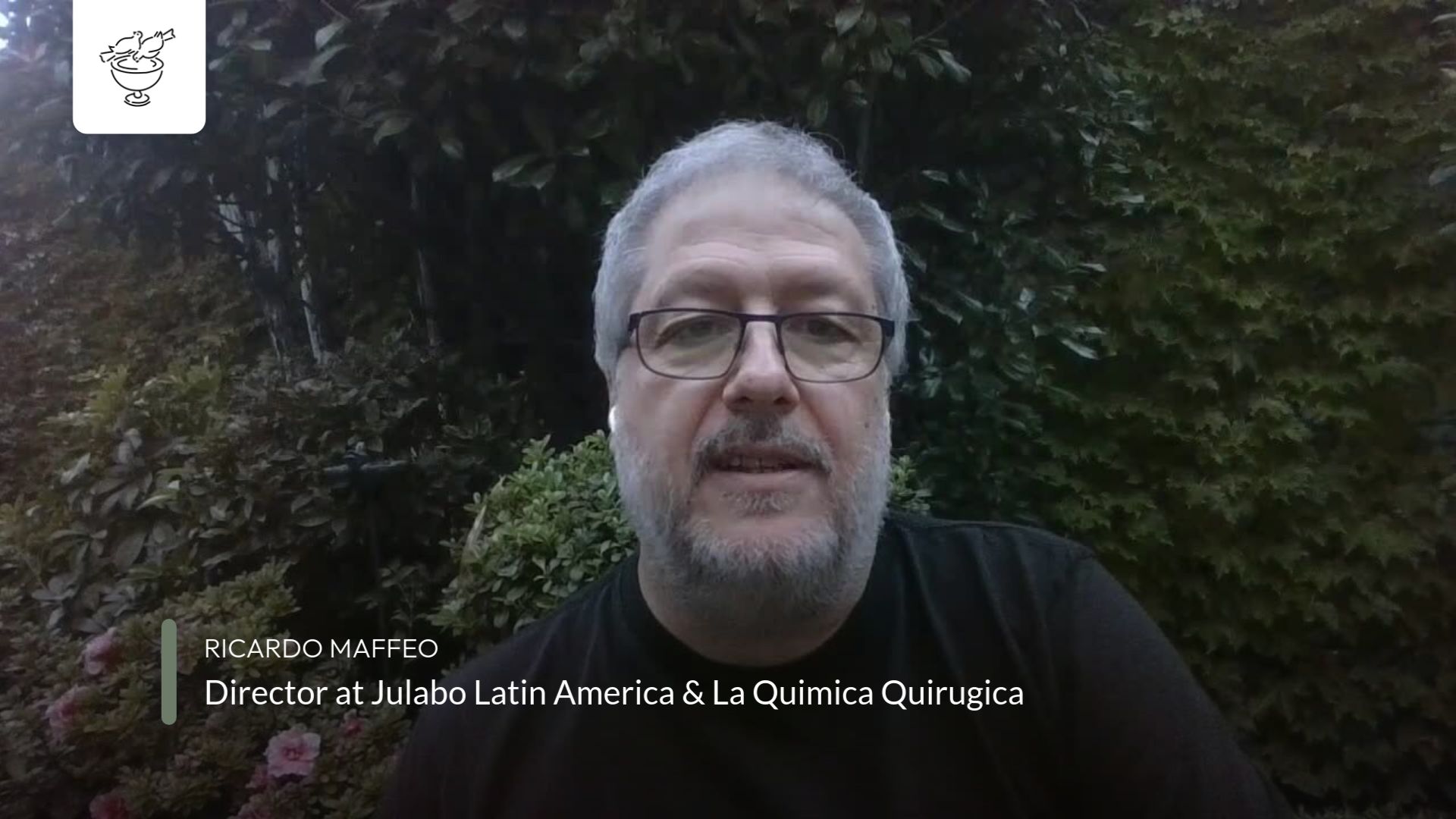There are many distractions of many kinds that claim our attention during meditation. Often these distractions are related to what we are attached to. Recently, as I sit and meditate, rugby union has been on my mind.
At the moment, in London, the 2015 Rugby World Cup is on. Every four years the top twenty rugby nations get together and play for the chance to win the Web Ellis Trophy. Australia – the team I support, and number two in the world – is through to the semi-finals after a fortunate ‘win at the death’ against Scotland.
My attachment to rugby union runs deep. The secondary school I attended (from age 12 to 18) has always been a ‘rugby school’. Consequently, during the formative years of my teens, a strong attachment to rugby developed. The highs and lows of the Wallabies (the animal after which the Australian team takes its name) became my highs and lows. Consequently, the Rugby World Cup became a distinct time of emotional attachment. During the 1999 World Cup (which Australia won) my then spiritual director politely suggested to me that it would be a wonderful thing if I could take the same passion that I had for the Wallabies into life generally.
Lately at Meditatio House, during meditation, my mind has wandered onto the rugby pitch and imagined a sweeping backline move for a try or a strong shove from a dominant scrum. I have found these imaginings quite gratifying and felt quite self-satisfied after imagining them.
…meditation is our pathway into surrendering the very self, the separate, self-conscious identity that looks for experiences to ‘have’ in the first place. Meditation is a radical opening into a new possibility for being – being given and received as gift, being centred in and wholly transparent to the life of God. (1)
These words from meditator and theologian Sarah Bachelard are a challenging reminder to me at this time. There is a “separate, self-conscious identity” in me (in us all) that is using my attachment to the Wallabies and the world cup as a way to distract attention during meditation. This separate self-identity can be called ego.
The temptation to be gratified by the imaginings of this “separate, self-conscious identity” can be at times too great. Perhaps a new parent, during meditation, may find their imagination straying to their new ‘bundle of joy’ (assuming, of course, this new parent is not too tired to meditate at all). Perhaps a person obsessed with technology will get lost in the gratification that a new phone or computer is ‘providing’. And the feelings that a new love interest is generating in us can indeed be more immediately and powerfully gratifying than the ‘nothing’ happening as we meditate.
We all have attachments. It’s part of being human. Our attachments reveal themselves in our imagination. A life growing in awareness has the chance see this, accept it, be humbled by it, and begin to smile gently at it.
And yet if we surrender to our imaginings, we could experience the bliss and gratification of a being lost in attachment and imagination. Why meditate at all if I can feel this alive while entertaining imagination?
To seek and to be with God, to experience who we most deeply are, and to grow in true love, we need to go beyond using imagination in this way. Imagination used in this way can keep us from God, ourselves, and love – caught in self-consciousness as alienation from these realities.
The bliss and gratification of imagination is not the deep contentment and inner stability that we receive as gift while we attend to, and integrate with, the divine life within us; it is not the meaning and purpose that loving others can give us.
If we are to grow in becoming “centred in and wholly transparent to the life of God” imagination needs to be put aside and our attachments must fade. This is the work of meditation. It is the fruit of a commitment to a daily practice of attention on a mantra.
Over time attention on the mantra has the mind growing still and silent. Attention on the mantra draws attention deeper into being until the whole of us is lost in being and we become silence.
Rather than exercising the mind so that we might have an experience, we instead learn the value of being. Instead of awareness caught in imagination and attachment at the self-conscious level, during meditation awareness can come to transcend this self-consciousness, go beyond it. Rather than being aware of reflecting on an experience, we become free to attend without self-reflection to being. In this attending to being we have forgotten ourselves and commune with the Ground of Being – God.
‘Anyone who wants to save his life will lose it; but anyone who loses his life for my sake, will save it. What benefit is it to anyone to win the whole world and forfeit or lose his very self.’ (Luke 9:24-5).
The life we are invited to lose is a life based on attachment and its use of imagination, a life that tries to make a separate self-conscious identity the centre of living.
Winning the whole world is the practice of a self-consciousness wanting to have, to own, to possess. However, a life of being is a life “being given and received as gift”. We are all a part of the gift of life for life’s sake. We cannot win a gift. Life being simply lived, rather than acquired, is life expressing the adventure of being. This adventure can happen anywhere and at any time – even on the rugby field. Attention lost in the adventure of life is awareness lost in being.
Perhaps the Wallabies (and professional sport people in general) and their supporters (including me) could see sport more as a creative and playful part of the adventure of life and less as an expression of hardnosed competitiveness for the achievement of reward. It is easier to do this when attention is on being; much harder if attention is caught in self-consciousness (with its attendant imaginings and attachments).
The best athlete
wants his opponent at his best.
The best general
enters the mind of his enemy.
The best businessman
serves the communal good.
The best leader
follows the will of the people. All of them embody
the virtue of non-competition.
Not that they don’t love to compete,
but they do it in the spirit of play.
In this they are like children
and in harmony with the Tao. (68) (2)
Detachment is about living life “in the spirit of play” and becoming like children (cf. Matthew 18:2-4).
(1) Sarah Bachelard in, John Main: The Expanding Vision (Laurence Freeman and Stefan Reynolds, eds), 70.
(2) Lao Tzu, The Tao Te Ching (Translated by Stephen Mitchell).





